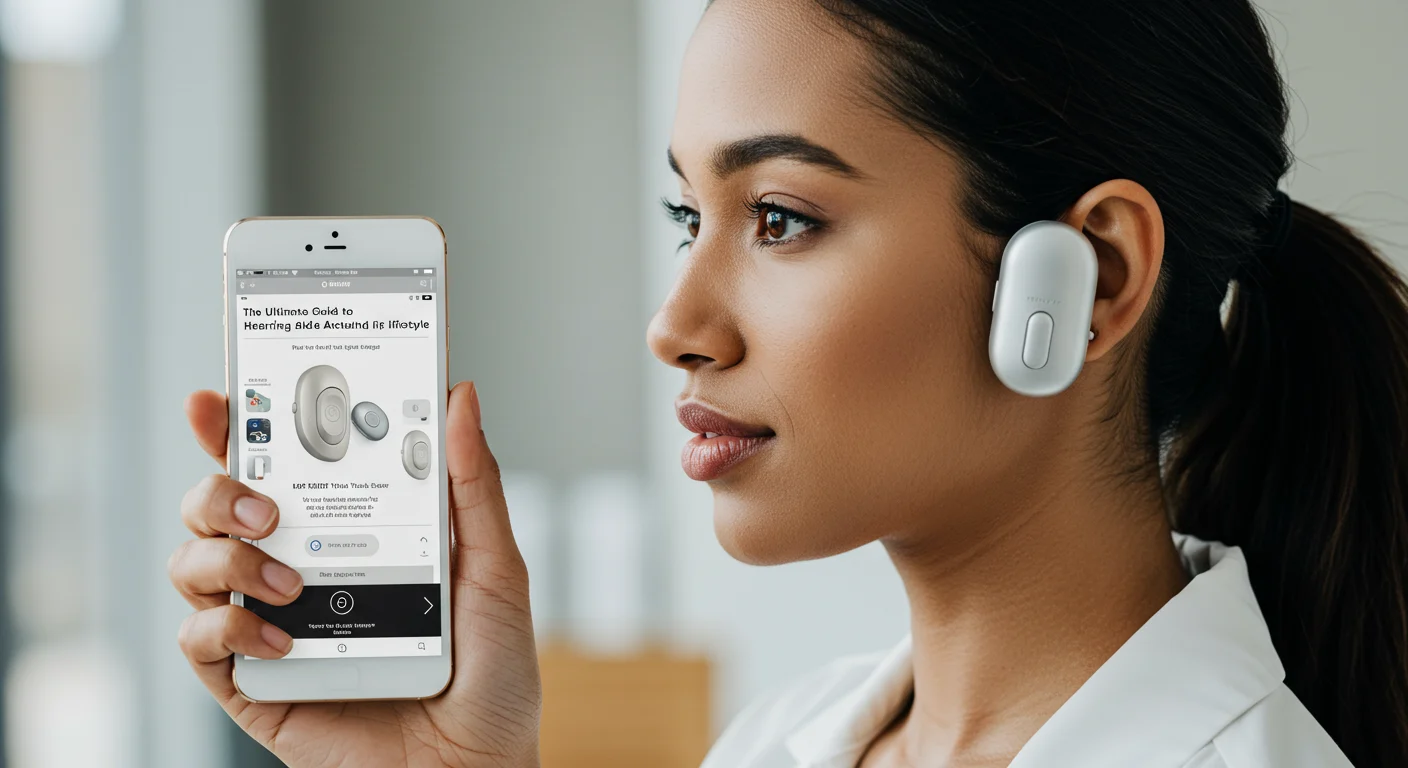
The Ultimate Guide to Hearing Aids That Fit Your Lifestyle
Rediscovering the sounds you love is a personal journey, and the right hearing aid is more than a medical device—it's a key to unlocking your life. Gone are the days of bulky, one-size-fits-all solutions. Today's technology is discreet, intelligent, and designed to integrate seamlessly into your unique way of life. Whether you're a concert-goer, a quiet reader, or always on the move, there's a hearing solution crafted just for you. This guide will help you navigate your options and find a device that doesn't just help you hear, but enhances everything you do.
Matching Hearing Technology to Your Daily Life
Before diving into models and features, consider your environment. An active socialite who frequents noisy restaurants needs advanced background noise cancellation and directional microphones. A tech-savvy professional might prioritize Bluetooth connectivity for seamless calls and streaming. Conversely, someone who enjoys quiet hobbies at home may prefer a simpler, more comfortable device focused on clarity for television and one-on-one conversations. Identifying your primary listening environments is the most critical step in finding a hearing aid that you'll love to wear every day.
The Big Question: Navigating the Cost
Once you've outlined your lifestyle needs, the practical consideration of cost comes into play. Hearing aids are a significant investment in your health and happiness, with prices varying widely based on technology level and features. Many potential users understandably look to their insurance for assistance, leading to one of the most frequently asked questions in audiology. Understanding how and if your insurance contributes is crucial for budgeting and planning your purchase, ensuring you can afford the technology you need.
So, Does Medicare Cover Hearing Aids?
This is the critical question for millions, and the answer requires a bit of detail. Original Medicare (Part A and Part B) does not cover hearing aids or the exams for fitting them. This can be surprising and frustrating for many beneficiaries. However, there is hope. Many private Medicare Advantage (Part C) plans, which are offered as an alternative to Original Medicare, do include benefits for hearing, vision, and dental. These plans often provide a specific allowance toward the purchase of hearing aids. Furthermore, the recent introduction of over-the-counter (OTC) hearing aids has created a more affordable option for those with mild to moderate hearing loss, separate from any insurance coverage.
Finding Your Perfect Fit: What to Do Next
Now that you understand how to match a hearing aid to your lifestyle and have a clearer picture of the cost landscape, you're empowered to take the next step. It's time to explore specific brands and models that align with your needs and budget. Comparing the top devices on the market is essential to ensure you're getting the best value and the most effective technology for your hearing loss. Our expert, in-depth reviews are designed to make this final step simple, breaking down the features, performance, and user feedback to help you make a confident and informed choice.





